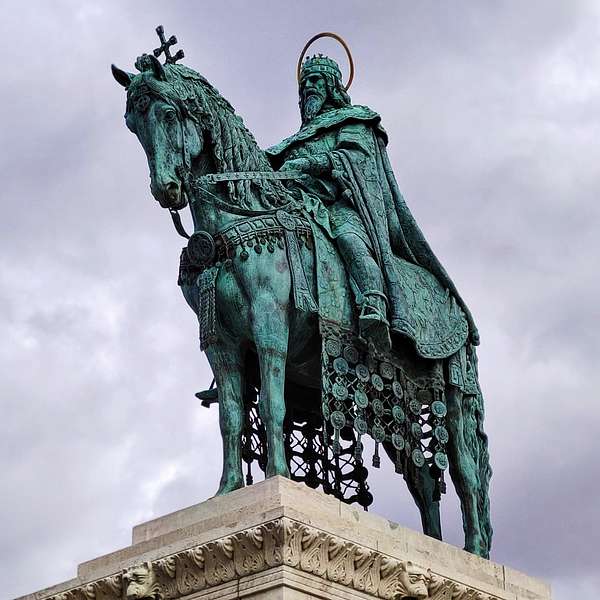
The Periphery from the Pulaski Institution
A podcast about politics, economics, and culture in places away from the traditional centers.
The Periphery from the Pulaski Institution
Dr. Kevin Vallier on Catholic Integralism, Anti-liberal Elites, and the Hungarian Connection
Dr. Kevin Vallier is an Associate Professor of Philosophy at Bowling Green State University, where he directs their program in Philosophy, Politics, Economics, and Law. Vallier’s interests lie primarily in political philosophy, ethics, philosophy of religion, and philosophy, politics, and economics (PPE). He is also an affiliate with the Center for Social Norms and Behavioral Dynamics at the University of Pennsylvania.
His newest book is All the Kingdoms of the World: On Radical Religious Alternatives to Liberalism. He joins to talk about Catholic integralism, its vision of politics and freedom, and some of the leading thinkers in America, as well as Hungary, who are driving it forward.
More on Dr. Vallier's book, from the publisher (Oxford University Press): According to a common narrative, the twentieth century spelled the end of faith-infused political movements. Their ideologies, like Catholic integralism, would soon be forgotten. Humans were finally learning to keep religion out of politics. Or were we? In the twenty-first century, nations as diverse as Russia, India, Poland, and Turkey have seen a revival of religious politics, and many religious movements in other countries have proved similarly resilient. A new generation of political theologians passionately reformulates ancient religious doctrines to revolutionize modern political life. They insist that states recognize the true religion, and they reject modern liberal ideals of universal religious freedom and church-state separation. In this book, philosopher Kevin Vallier explores these new doctrines, not as lurid oddities but as though they might be true. The anti-liberal doctrine known as Catholic integralism serves as Vallier’s test case. Yet his approach naturally extends to similar ideologies within Chinese Confucianism and Sunni Islam. Vallier treats anti-liberal thinkers with respect that liberals seldom afford them and offers more moderate skeptics of liberalism a clear account of the alternatives. Many liberals, by contrast, will find these doctrines frightening and strange but of enduring interest. Vallier invites all his readers on a unique intellectual adventure, encouraging them to explore unfamiliar ideals through the lenses of theology, philosophy, politics, economics, and history.